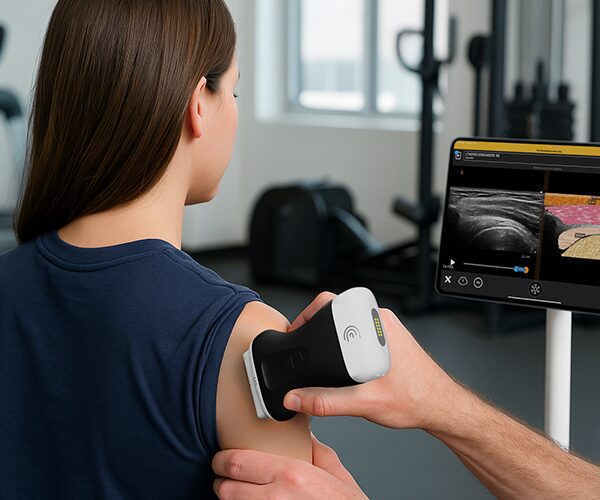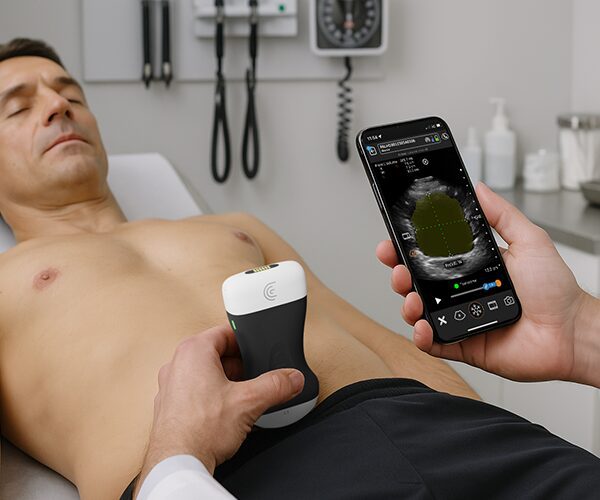“What I learned at Apple was sort of the Steve Jobs approach to think about what’s going to be obvious ten years from now and do it today. In almost every job I took, that’s what I did. And I didn’t care that people thought that was stupid.”
Dr. Stephen Klasko, Executive in Residence at General Catalyst, believes that healthcare innovation is not just about expansion; it’s about looking to the future to identify new solutions for existing systems to create a more patient-centric approach.
In our latest episode, Dr. Klasko, shares his insights on topics from unscaling healthcare systems to bridging the gap between tech entrepreneurs and frontline providers. He offers a unique perspective on transforming the healthcare landscape and dives deep into the importance of disruption and creation in medicine.
Unscaling for the Future
One of the key takeaways from Dr. Klasko is the concept of “unscaling” healthcare. Unlike traditional scaling, which focuses on expanding existing systems, unscaling aims to create more agile and patient-centric healthcare solutions. He emphasizes that anticipating future needs today is crucial for building a healthcare system that can adapt and grow with changing demands. By focusing on unscaling, healthcare providers can develop more personalized and efficient care models that better serve patients. This approach not only improves patient outcomes but also enhances the overall efficiency of healthcare systems.
Dr. Klasko believes that unscaling is essential for addressing the unique challenges of modern healthcare. He explains that traditional scaling methods often lead to cumbersome and rigid systems that are difficult to adapt to new technologies and patient needs.
Bridging Tech and Frontline Healthcare
Dr. Klasko highlights that many tech solutions fail to address the real-world challenges faced by healthcare professionals. To create sustainable solutions, it is crucial for tech entrepreneurs to understand and empathize with the daily struggles of frontline providers. This understanding can lead to the development of more practical and effective technologies that truly enhance patient care.
To foster this understanding, he suggests that tech entrepreneurs spend time in clinical settings to gain firsthand experience of the challenges — and opportunities — in healthcare. By doing so, they can develop solutions that are not only innovative but also practical and easily integrated into existing systems. This collaborative approach ensures that new technologies are designed with the end-user in mind.
Productive Disruption in Medicine
Disruptive innovation can create new opportunities for improvement and drive significant changes in healthcare. Dr. Klasko explains that although disruption can be challenging, it is often necessary to break free from outdated models and embrace new, more effective ways of delivering care. Dr. Klasko shares his thoughts on how healthcare systems can balance disruption with stability.
Although it is important to innovate and push boundaries, it is equally crucial to ensure that new solutions are sustainable and scalable. By combining disruptive innovation with a focus on long-term sustainability, healthcare providers can create systems that are both efficient and adaptable. This approach not only enhances patient care but also ensures that healthcare systems can continue to evolve and improve over time.
Conclusion
Dr. Steve Klasko’s insights offer a comprehensive view of the future of healthcare, providing a roadmap for healthcare professionals and innovators looking to create more patient-centric and sustainable healthcare systems. By focusing on unscaling, healthcare providers can develop agile and personalized care models that better serve patients. Collaboration between tech entrepreneurs and frontline providers ensures that new technologies are practical and effective, ultimately enhancing patient care. Embracing disruptive innovation and creativity allows healthcare systems to continuously evolve and improve, leading to better outcomes for all.









